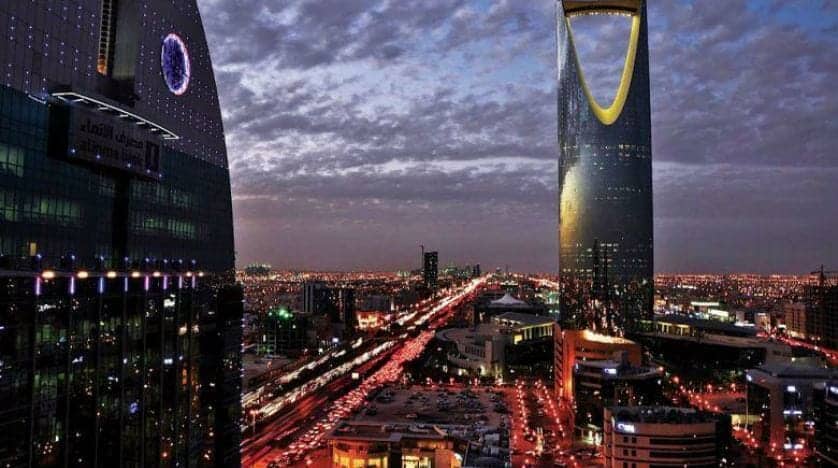In its resolve to scale up the prominence of Riyadh in the global pecking order of power, Saudi Arabia is leaving no stone unturned to make the city as one of “ten largest economic cities in the world,” spending generously as much as $220 billion.
As part of its grand “Riyadh Strategy,” the kingdom will give the city a complete makeover, building satellite townships, new airports, blocks of residential apartments, commercial space, a broad network of transportation, including subways, swaths of landscape covered in green, adequate supply of drinking water, and much more.
The funds will be mobilized from the state-owned sovereign wealth fund, PIF, the Royal Commission for Riyadh Authority (RCRA) and other sources by 2030. The government expects a matching sum from the private sector in its efforts to turn Riyadh into global city.
Crown Prince Mohammed bin Salman’s “Riyadh Strategy” has special features, as it will be part of the plans to diversify sources of income and grow the economy in the country.
“We aim for Riyadh to be one of the ten largest economic cities in the world, today it is number 40, of the 40 largest economies in the world as a city. We aim Riyadh’s population to reach from 7.5 million to between 15 and 20 million in 2030,” he said at the Future Investment Initiative Summit held early this year.
According to him, cities constituted 85 percent of the world economy and real development begins with cities, whether in industry, innovation, education, services, tourism, and other sectors.
“Riyadh constitutes approximately 50 percent of the non-oil economy in the country. The cost of creating a job in it is 30 percent less than the rest of the cities, and the cost of developing the infrastructure and real estate development in it is 29% less than the other cities in the country” he added.
Green Riyadh project
Besides planting a million trees in Riyadh to reduce the temperature as well as the level of dust, plans are underway to establish huge reserves of greenery around the city to improve the environmental situation.
A glance at the official website “www.riyadhgreen.sa,” indicates that it is the most ambitious urban reforestation project in the world, involving 6,000 schools, 2,000 parking lots, 1,670 government offices, 3,000 neighborhood gardens, 64 universities, and 9,000 mosques.
These trees will be watered with wastewater from an irrigation network. At the end of the project, residents will have 301 sq ft of green space per person, from the present 18.2 sq ft.
The project will help in reducing energy consumption by 650-GW/H per year, by encouraging green building principles in the use of green roofs and walls, increasing the city’s ability to absorb rainwater in green areas and avoid flooding in the city.
Return on Investments
When a huge amount is spent to develop the city, it is but natural the government expects some returns on the investment.
RCRA President Fahad Al-Rasheed has been quoted as saying that more than 100 projects will be announced for Riyadh with a focus on finance, banking, industrial, logistics, biotech, the digital economy and other sectors.
It is said that the city will save US$5.7bn in 2030 by way of reducing power consumption as well as healthcare expenditure, save drinking water and increasing the real estate business.
Private sector too will have new areas such as greenery, irrigation, which will contribute to many goals of “Saudi Vision 2030” by achieving environmental sustainability, building a vibrant society with a healthy lifestyle, and enhancing economic efficiency.
Riyadh Metro
With the government placing transport infrastructure at the core of its Vision 2030, Riyadh’s new subway system is a cornerstone of the energy diversity strategy.
Not just one line, but a complete network of six driverless lines which – once completed – will cover a total distance of 176 km.
According to the Riyadh Development Authority, the average speed of vehicles on the surface is today 45 km per hour but will drop to 18 km per hour by 2030 if nothing is done in terms of mobility. The new subway network will have 85 stations, which will be accompanied by a new bus network covering a total of 1,900 km and 3,000 stops.
There are several key projects already underway in the capital, including the King Abdullah Financial District, Riyadh Metro, Diriyah Development Program, Wadi Laban Environmental Rehabilitation Project, King Abdul Aziz Historical Centre Project, Saudi Railway, and others.








